OP-ED: “Be Gay, Do Crime,” and other shit you can say without the university censoring you
You may recognize UNCW’s two spirit rocks as places where fraternities alert the campus to upcoming events, where student organizations voice their support for or criticism of social issues, and where birthday wishes are shared. More often than not, incomprehensible markings arise as less artistic students, including myself, try their hand at the aforementioned messaging. Regardless of purpose or skill, these stones are an essential element of UNCW culture. They are painted and repainted with such frequency that one never knows what will be there in the morning.
However, a new and dangerous policy threatens our decades-long tradition. Make sure you don’t say something counter to the sentiments of Vice Chancellor Lowell Davis. Over the past several weeks, Davis, the vice chancellor for student affairs and censor in the making, has called for the repainting of the rocks whenever students voice beliefs that run afoul to his definition of the First Amendment.
In a meeting with me and three other students, Davis shared that he has overseen the removal of such statements as “Be Gay, Do Crime” and “No More Masks” from the university spirit rocks because he does not think they deserve the protection of the First Amendment.
With all the clarity offered by a half century of Supreme Court precedent, let me say that Davis is wrong. These statements are protected speech. If you don’t believe me, please read Papish v. Board of Curators of the University of Missouri, Miller v. California and Cohen v. California (benchmarked against the content contained in these cases, “no more masks” is tame).
Now, I know you may be thinking that this is a minor issue. Surely, messaging as incendiary and reprehensible (read as sarcastically as you can muster) as “Be Gay, Do Crime,” should be fair game for a censor to stomp out. But the censorship of even what initially appears superfluous is a deep harm to our community precisely because it erases what it means to be a part of our community. Seahawks spread silly slogans, share what they are thinking and spray paint the rocks with whatever they damn well please.
In addition to the humorous meaning, calls to “be gay” and “do crime” have a deep and important political basis. The phrase has been used to reclaim queer history and the criminal prosecution of gender and sexuality-nonconforming individuals. Censoring this sort of speech, which acknowledges a painful history and equally painful present, is a blatant violation and should be concerning to anyone, regardless of where they fall on the gender, sexuality and criminal deviancy spectrum.
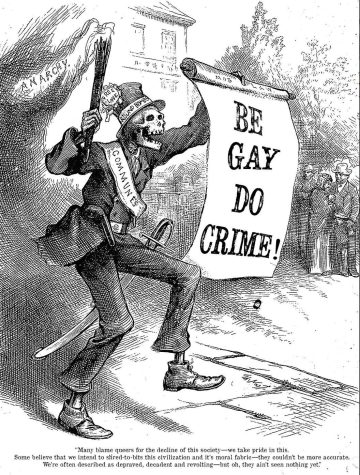
While the political messaging associated with “Be Gay, Do Crime” may have been more opaque, painting “No More Masks” as an expression of frustration with university masking policies is about as political as one can be in the current culture.
Let me be clear, I firmly believe that masking is an important safety measure in response to the ongoing pandemic. Masking has saved lives and ensures that our university is accessible to students, staff and faculty, who may have health conditions positioning them as particularly at risk to COVID-19.
With this being said, the evils of censorship are compounded when it perverts ongoing debate. By removing the “No More Masks” an inaccurate appearance of universal agreement arises—but many of you disagree with my belief in masking as a public health benefit. While I believe you are wrong, and probably less well read than I, our engagement is not assisted by the heavy-handed removal of public discourse.
I believe so strongly in masking that I don’t need to hide critiques of my beliefs. Apparently, Vice Chancellor Davis does not share the common sensibility that good ideas are capable of winning in a free exchange. Call me out of my mind, but if the university has the balls to enact a policy, it should have the balls to withstand some scrutiny.
Davis has claimed that both incidents have been outside the bounds of the First Amendment; however, the beautiful thing about law is that it is not subject to the erroneous claims of an individual. Instead of whims, we are bound by common precedent. The precedent makes clear that outside of an extremely narrow set of exceptions, in a public university we are free to engage honestly and fully with each other. In such an exchange there is no room for the censorship of ideas, even when we disagree with them.
The present irony is that by censoring these calls to “Be Gay, Do Crime” and others, Davis has violated his constitutional obligation to uphold our rights. As codified in both the First Amendment and North Carolina’s H.B. 527 (linking both for the administrators who could use a remedial civics lesson) we have the freedom to engage with each other uninhibited by censorious administrators. This is disappointing from a university that is typically a leader in protecting student speech rights.
The Foundation for Individual Rights in Education, the premier defender of student and faculty rights on college campuses, recently conducted a survey of 481 university policies. The survey categorized UNCW as a “Green Light Institution,” a designation meaning that UNCW’s policies are in full compliance with the First Amendment and an accolade given to only 12% of the universities evaluated.
The breadth present in Davis’ chosen censorship activities—from queer slogans to critiques of masking policies—demonstrates an important lesson. When it comes to administrative overreach, no type of speech is safe from suppression. Rightwing, leftwing, and anything in between; your rights are not being protected.
If you are similarly angry at your constitutional rights being violated, please consider emailing Vice Chancellor Davis ([email protected]). Better yet, consider joining me in spray painting the rocks in an exhibition of our First Amendment rights and our traditions. Albeit there is no guarantee that he will not, with all possible haste, erase our voices.



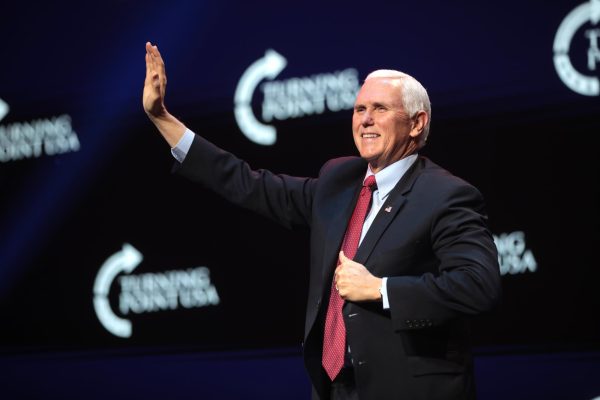


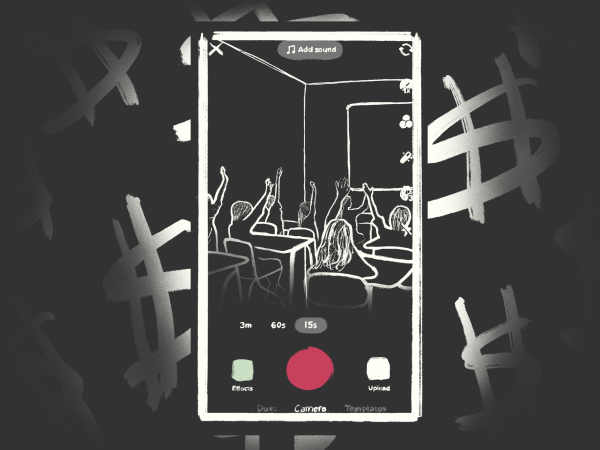
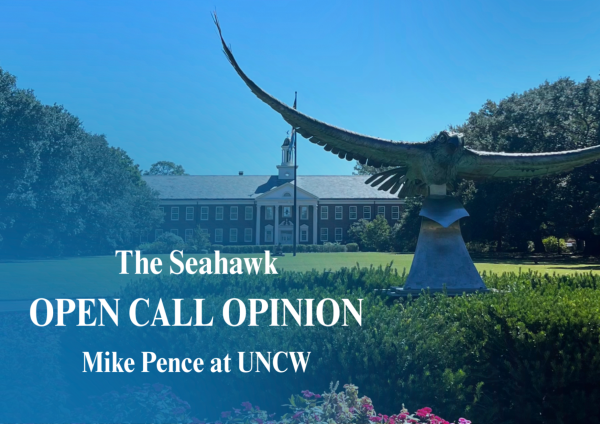



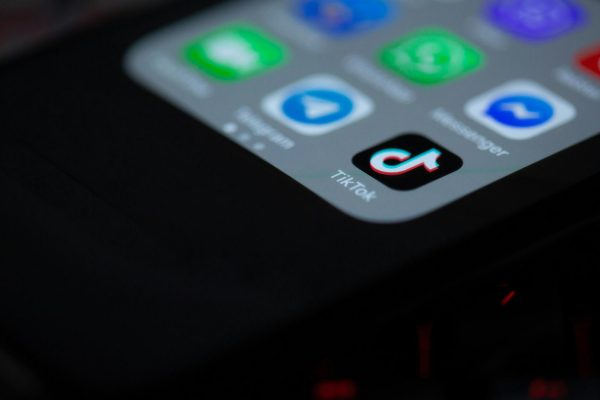

Carson Folio • Feb 14, 2024 at 1:57 pm
I think there’s a distinct difference here between a phrase that can just be a harmless, silly thing within the LGBTQ+ community, and something that can actively harm people. Sure, this piece is over two years old now and public health discourse has changed since then. However, let’s remember that when this piece was published, masking was a universal tool to try and curb the spread of COVID. Letting gay people LGBTQ+ have fun – “Be gay, do crime” is well-known and not some obscure call to actually commit crimes – does not compare to advocating for the removal of protections for all, especially the immunocompromised. The whole argument that nothing should be censored ever simply does not work here.
Y • Jan 31, 2022 at 5:41 pm
You all are so idiotic. Once again The Seahawk doing a fantastic job at showing their white privilege and blatant ignorance and blatantly ignoring facts and dismissing POC voices on this campus and cherry on top from someone who claims to represent the student body.
Brenna Flanagan • Feb 12, 2022 at 12:07 pm
We at The Seahawk welcome any opportunities to improve our coverage. If you have any tips, issues or stories you think The Seahawk should cover, please email us at [email protected].
My • Jan 31, 2022 at 12:00 pm
Freedom of speech does not mean freedom from consequences. If people are promoting harmful rhetoric, it needs to be removed. Point blank period.
The Chancellor may choose to have a conversation with the organization that chose to paint a controversial topic first, which could be constructive, but the whole “anything goes because first amendment” argument is tired.
It’s fine to have an open conversation about disagreements, but blatantly disregarding facts is idiotic, especially as it pertains to the comment on masks.